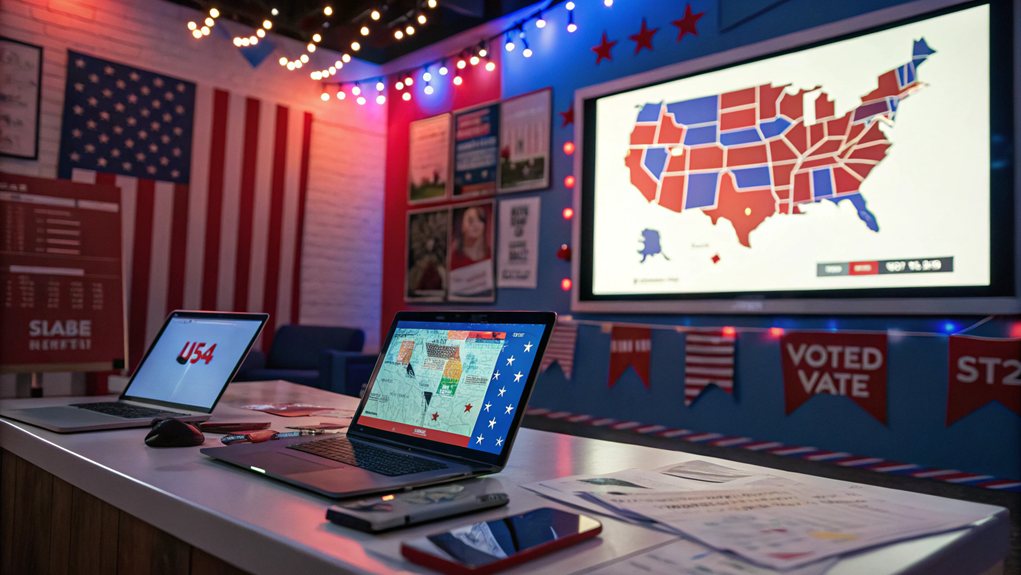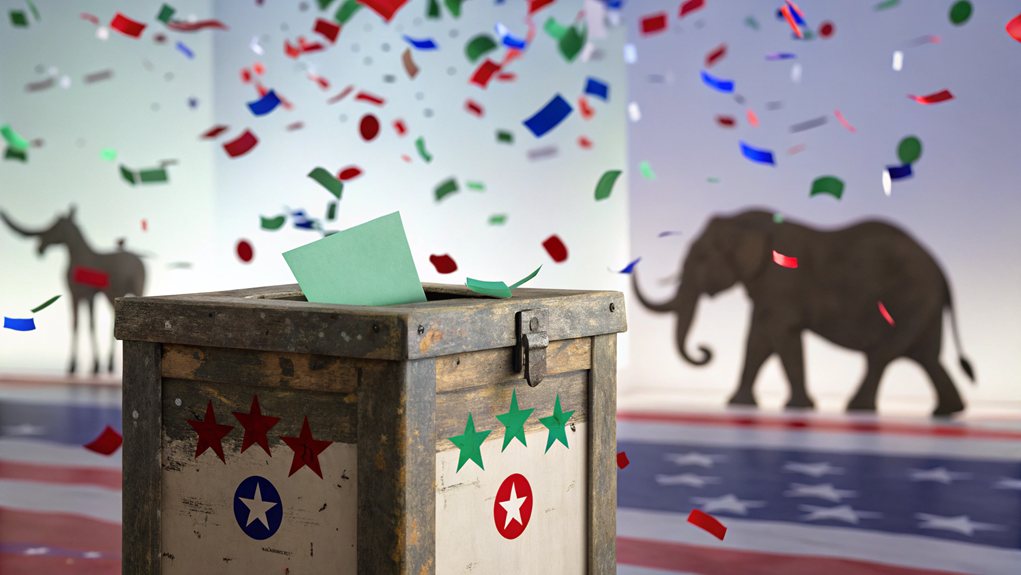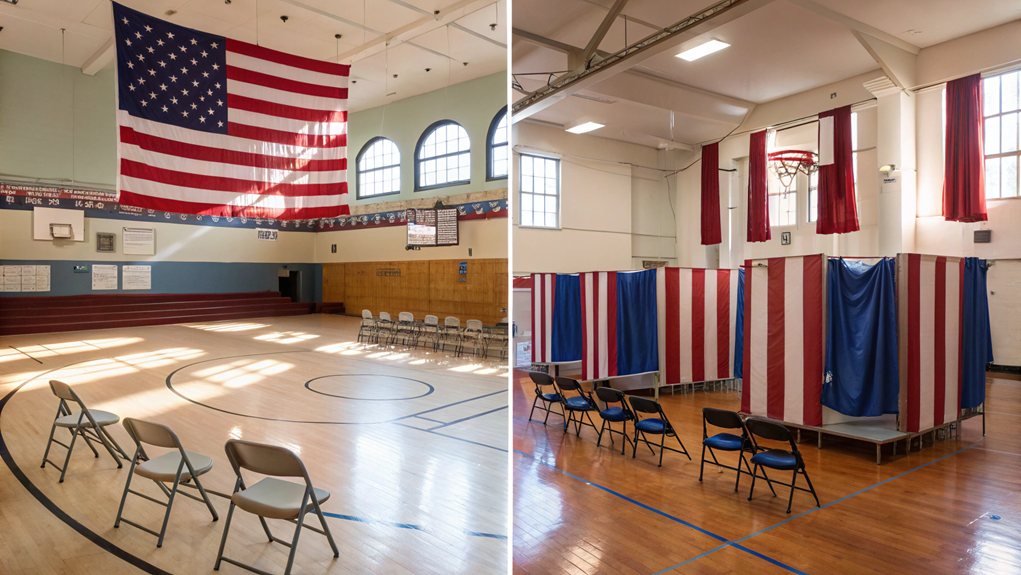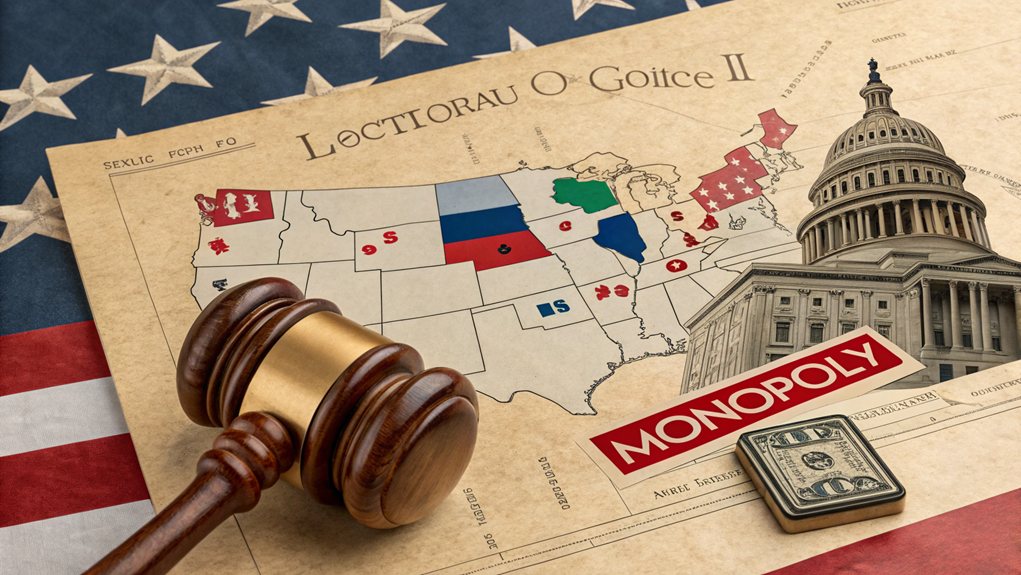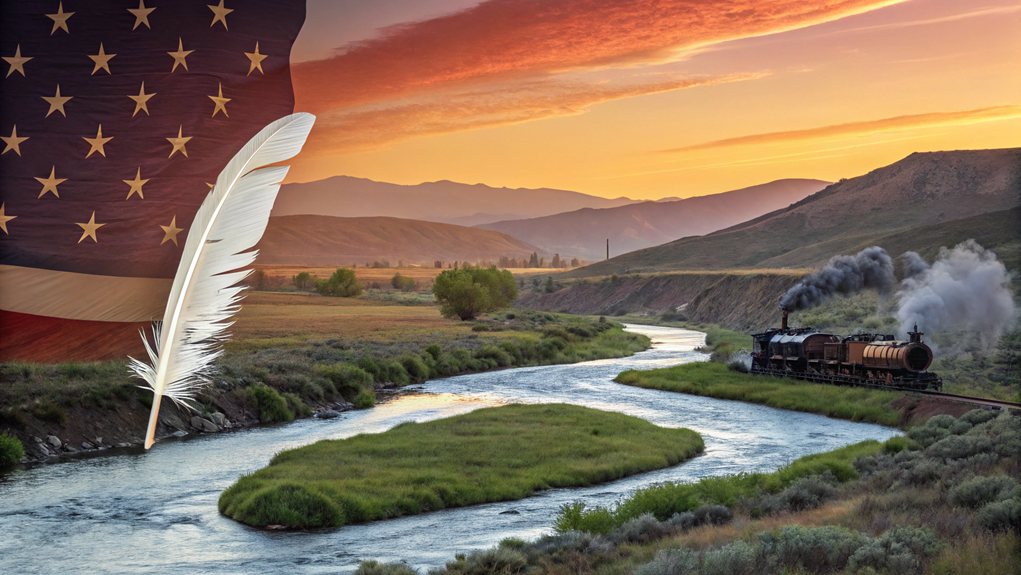Political campaigns in the United States kick off with candidates registering with the Federal Election Commission (FEC). They jump through legal hoops and follow strict rules. From January to June, it's a mad dash of primaries and caucuses. Summer debates? Crucial. After the national conventions, candidates hit the ground running with flashy media blitzes. It's all about the cash, the key states, and yes, making an impression when it counts. Want more on this wild ride? Keep going!
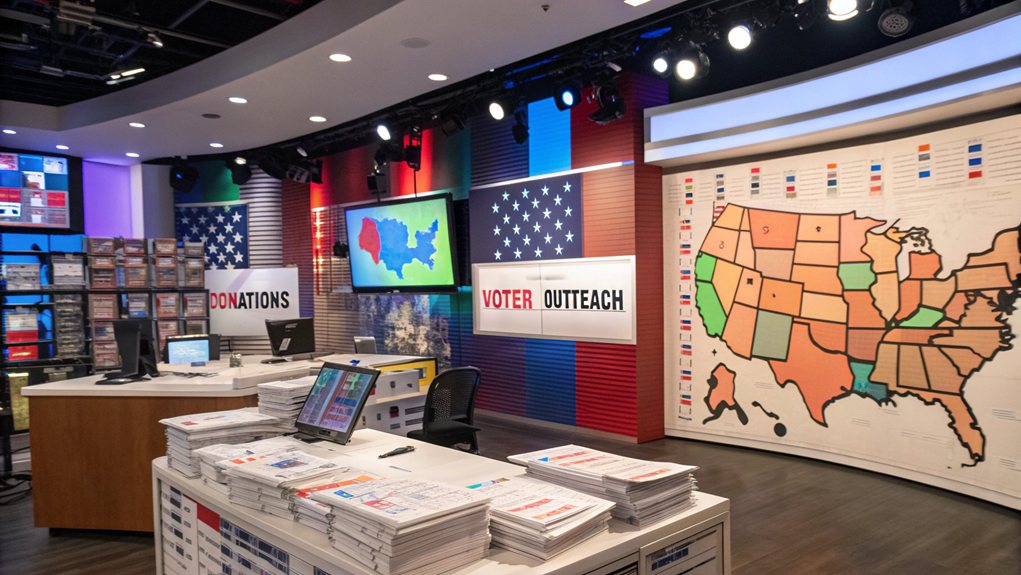
Political campaigns in the United States kick off with a whirlwind of activity, especially in the spring before an election year. Candidates scramble to register with the Federal Election Commission. It might sound simple, but oh boy, there are legal and financial hurdles to clear. It's not just about saying, "Hey, I want to run!" They have to put on their serious faces, meet requirements, and comply with all those pesky FEC regulations.
Once the spring thaw hits, primaries and caucuses become the name of the game from January to June. It's like a marathon, but for votes. Candidates duke it out to be the chosen one for their party. Not to mention those debates that happen in the summer before the election year. They're essential for building momentum. Each primary result sends ripples through the national party conventions that follow, where the official nominations happen. Citizens United v. FEC has also influenced these campaigns by allowing corporations and unions to spend unlimited amounts independently, which can significantly impact primary outcomes.
Primaries and caucuses kick off a vote marathon, with candidates battling it out for party supremacy before the summer debates heat things up.
And let's not forget those conventions held from July to early September. They're like the Super Bowl of politics. Candidates get to pick their running mates and showcase their platforms. The media eats it up, shaping public perception in ways that can make or break a campaign. The primary election process is crucial as it ends with national conventions of political parties.
After the conventions, the general election campaign goes into overdrive. Candidates release their media strategies—think flashy ads and public appearances. Debates? They're the ultimate battleground for public opinion. With the Electoral College lurking, candidates zero in on key states, shaping their strategies like chess pieces. Campaign finance laws play a pivotal role in determining how candidates can fund their operations.
But wait, let's talk money. Campaigns can't survive on hope alone. Fundraising is the lifeblood. Some candidates, like Barack Obama in 2008, have raised jaw-dropping sums without public financing. The rules of campaign finance are complex, with donations pouring in from individuals and PACs alike.
Voter data? It's everything. Campaigns analyze voting history and party affiliation like it's a science project. Targeting voters is an art form, and social media ads are the paintbrush.
Election Day comes around, but the drama? Oh, it never really ends.
Frequently Asked Questions
How Much Money Do Candidates Typically Spend on Campaigns?
Candidates in the 2024 election cycle are throwing around a staggering $15.9 billion. Yes, billion.
PACs are the big players, coughing up over 65% of that cash. Individual candidates? They've raked in $2 billion.
Spending by presidential candidates alone is eye-popping. Republicans lead the charge, spending roughly $278 million, leaving Democrats trailing behind.
With all this cash flying around, one has to wonder: is democracy for sale? Spoiler alert: it probably is.
What Role Do Political Action Committees (PACS) Play in Campaigns?
Political Action Committees, or PACs, are the money movers in campaigns. They pool cash to support candidates—because who doesn't love a good donation?
PACs can donate up to $5,000 per candidate, which adds up quickly. They're often tied to businesses or ideologies, pushing their agendas.
Super PACs? They play by different rules, spending freely but not donating directly.
Transparency? Good luck with that.
PACs can be a blessing or a curse—depends on who you ask.
How Do Candidates Choose Their Campaign Staff?
Candidates pick their campaign staff like a kid choosing candy. They want experienced folks who can juggle chaos and keep a straight face.
Past campaign volunteers? Huge plus. They also seek people with good morals—trust is a big deal, after all.
Adaptability? Must-have. And let's not forget, genuine interest in politics is key.
What Is the Significance of Campaign Debates?
Campaign debates are a big deal. They shape how voters see candidates. Remember Nixon and Kennedy? Yeah, that was a game-changer.
Debates let voters size up policies and leadership. Sometimes, they even sway opinions—especially in primaries. Sure, most folks don't change their minds, but they sure love the drama.
And don't forget the media hype afterward. Millions tune in, hoping for fireworks. It's like reality TV, only with higher stakes and fancier suits.
How Do Social Media Influence Political Campaigns?
Social media is a game changer in political campaigns. It's where candidates chat directly with voters. No more media filters!
Platforms like TikTok and Instagram? They're not just for cute cat videos anymore. Donations? They're soaring thanks to online fundraising.
But hold up—misinformation runs rampant. Algorithms decide who sees what, and that can skew the whole thing.
It's messy, it's wild, and it's the new normal. Welcome to the future of politics!
